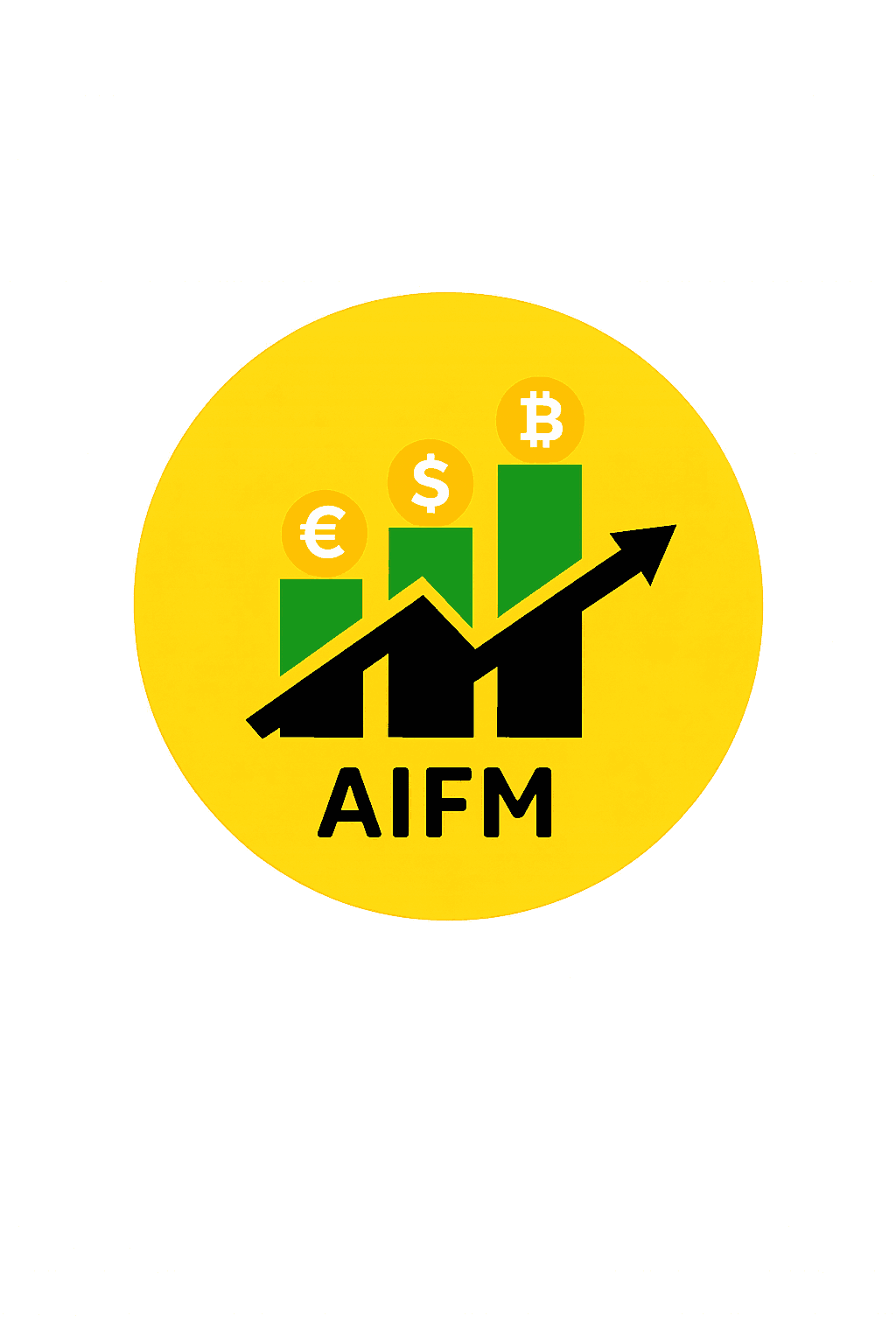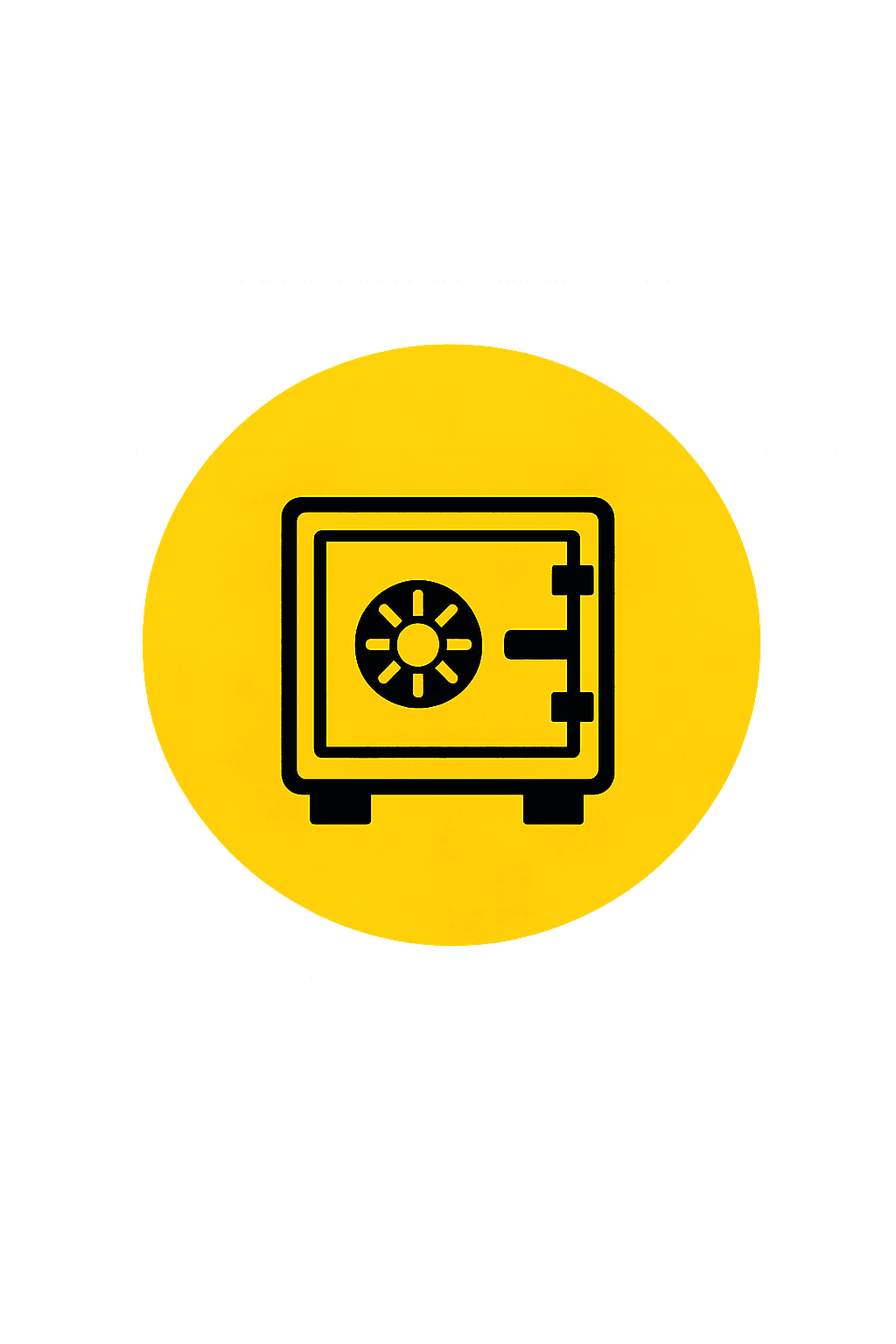Situated in the heart of Europe, Luxembourg is a geographic and legal focal point within the European Union.
Luxembourg is the biggest investment funds hub in Europe and the second largest in the world. It is thus a location of choice for dominating private equity houses.
Luxembourg offers an extensive variety of investment vehicles. This includes a wide variety of investment funds such as securitization vehicles, partnerships, and SOPARFIs.
SOPARFI : what does it stand for?
SOPARFI (SOciété de PARticipations FInancières) is the most popular vehicle committed to holding and financing activities within Luxembourg. The company can also carry out extra activities, given they are provided for in the bylaws and a business license is attained if required. Any undertaken or private individual can be eligible as an investor.
A SOPARFI is a commercial company founded in accordance with the Luxembourg law of 10 August 1915 on commercial companies, as amended (the Company Law). The corporate purpose of the SOPARFI is the holding of participation and dividends in other entities. It is not subject to supervision by the CSSF (Commission de Surveillance du Secteur Financier) or main Luxembourg authorities (business permit requirement for example) and doesn’t need authorization unless the participation it holds is quoted and it carries out commercial activities.
A SOPARFI might qualify as an Alternative Investment Fund (AIF) if it meets specific standards and will therefore be subject to the application of the AIFM Law, including the duty to appoint an AIFM.
The type of eligible assets that a SOPARFI may hold is unlimited and there are no limitations on the types of investors.
On a fundamental level, the SOPARFI is subject to full Corporate Income Tax (CIT) and Municipal Business Tax (MBT), but, there is protection from taxation in the case of dividends/liquidation proceeds and capital gains emerging from a Qualifying Subsidiary based on the Parent-Subsidiary Directive and widened to all non-resident companies subject to corporate taxation corresponding to the Luxembourg CIT.
Soparfi is very beneficial in the global field, as it enjoys some advantages, such as:
- large network of anti-double taxation treaties signed by Luxembourg, and
- the operation of the European fiscal directives, by the integrity of which, it exempts taxes on dividends distributed by investments and profits from the disposal of investments.
Financing activities
It is normal for a Luxembourg SOPARFI to conduct group financing activities next to its holding activity. Luxembourg has fully incorporated the arm’s length principle to guide finance transactions.
SOPARFIs are the ideal vehicle to :
- earn or grant finance
- raise capital for investment
- issue bonds or debt securities
- listing in Luxembourg Stock Exchange
- invest in Intellectual Property
- co-investment with other Institutionals or Family Offices.
Depending on the necessities of the investor with respect to capital, management control, and share transferability, the SOPARFI can take one of the following structures:
- public limited company (S.A.)
- private limited liability company (S.à R.L.)
- partnership limited by shares (S.C.A.)
- cooperative in the form of a public limited company (CoopSA)
- European company (SE)
To register your Luxembourg holding company, please contact your Damalion expert now. We shall also help you to open the bank account for your SOPARFI.
Basic principles about the SOPARFI (Luxembourg holding and finance company) — what it is, who uses it, 2025 tax snapshot (CIT 16% / ~23.87% combined in Luxembourg City), participation-exemption conditions, interest-limitation and anti-hybrid rules, WHT headlines, minimum net-wealth-tax bands, substance/governance, and a facilitator-led formation & maintenance sequence.
For sponsors, entrepreneurs, family offices and corporate groups • Damalion facilitates scoping, provider selection, documentation and banking rails alongside your legal and tax advisors. You approve; authorities and banks decide where required.
Last updated:What is a SOPARFI and who typically uses it?
SOPARFI (Société de Participations Financières) is the market term for a fully taxable Luxembourg company used for holding and financing activities (and, as structured, other corporate purposes). It is commonly set up as an SA or Sàrl, and may serve as the hub for cross-border private equity, private credit, corporate groups, and co-investment platforms.
Tax pillars — quick snapshot (2025)
| Pillar | Key points |
|---|---|
| Corporate income tax | 16% headline CIT from 2025; combined top rate in Luxembourg City ≈ 23.87% (CIT + surcharge + municipal business tax). |
| Participation-exemption | Dividends and capital gains from qualifying subsidiaries may be exempt (typical thresholds: 10% or €1.2m/€6m with 12-month hold/commitment and subject-to-tax/EU test). |
| Withholding taxes | Dividends: domestic WHT 15% (often reduced/exempt by directives/treaties). Interest & royalties: generally no Luxembourg WHT (subject to anti-abuse and specific carve-outs). |
| Minimum net wealth tax | Minimum NWT bands apply; amount depends on balance sheet composition/size. A higher band can apply where financial assets dominate. Confirm current thresholds at launch. |
| Interest limitation (ATAD) | Exceeding borrowing costs deductible up to 30% of EBITDA or €3m safe-harbour (whichever is higher), with group/stand-alone exemptions and carry rules. |
| Anti-hybrid & GAAR | ATAD anti-hybrid rules and the general anti-abuse rule apply. Transfer-pricing and substance expectations govern holding/financing chains. |
| Pillar Two | Groups in scope assess QDMTT/IIR/UTPR. Entity-level data and controls should align with group reporting. |
Participation-exemption — typical conditions
- Qualifying holding: at least 10% participation or acquisition price meeting statutory thresholds (commonly €1.2m for dividends / €6m for gains).
- Holding period: normally 12 months continuous hold, or commitment to hold for 12 months.
- Subject-to-tax/EU test: subsidiary comparably taxed or falls within the EU directive framework; look-through may apply in chains.
- Anti-abuse: GAAR/SAAR and hybrid/TP rules must be satisfied; documentation should support beneficial ownership and substance.
Substance, governance & banking expectations
- Board and decision-making in Luxembourg; minutes, resolutions and policy files kept consistently.
- Registered office, accounting, and compliance calendar (CIT, NWT, VAT if in scope, regulatory filings).
- Financing policy: arm’s-length pricing, interest-limitation checks, and clear intra-group agreements.
- Bank onboarding: UBO clarity, purpose, source of funds, expected flows, and signatory controls.
Formation & maintenance — facilitator-led sequence
- Define perimeter. Role in the group, asset/financing map, treaty needs, governance preferences.
- Choose legal form. SA, Sàrl or SCA per capital, exit and shareholder dynamics.
- Provider line-up. Notary, corporate secretarial, accounting/tax compliance, bank relationships. Damalion facilitates shortlists and onboarding.
- Draft the pack. Articles, shareholder arrangements, financing/TP policy, substance memo, board cadence.
- Operational rails. Banking KYC, payment approvals, registrar, filings calendar.
- Go-live & reporting. Periodic tax filings (CIT/NWT/VAT if any), TP documentation, Pillar Two data (if in scope).
Related reading
Frequently asked questions
Is SOPARFI a specific legal form?
What are the 2025 headline tax rates?
How does the participation-exemption work?
Is there Luxembourg WHT on dividends?
Is there WHT on interest or royalties?
What is the minimum net wealth tax?
Do interest-limitation rules apply?
How important is substance?
Can a SOPARFI access treaties?
Can the company do operating business?
How are intragroup loans priced?
Does Pillar Two affect SOPARFIs?
What filings are typical each year?
How fast can formation and banking be completed?
How does Damalion help?





























